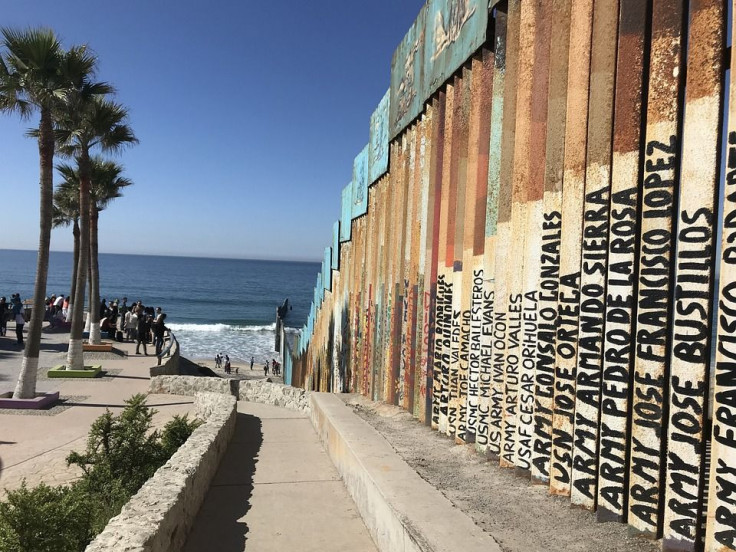
After taunting for months about conducting the "largest mass deportation operation in American history," President Donald Trump has kept true to his word and has put a start to the deportations in the first days of his presidency.
During the first hours of Trump's presidency, the CBP One app —which allowed migrants to apply for an asylum appointment— was shut down, leaving thousands of asylum seekers stranded along the border. But according to San Diego advocate Pedro Rios, human smuggling networks will likely benefit the most from Trump's new border policies.
He predicts many of the people being deported or who were waiting for their CBP One appointments will eventually attempt to cross the border illegally once again in order to reunite with their families.
"We will see a return of smuggling networks that will make a lot of money off human suffering," Rios, director of the American Friends Service Committee told Border Report.
In the last 24 hours, reporters have seen large groups of migrants being deported to Tijuana, Mexico. One of the deported migrants commented they had been detained while working, though it remains unclear where and when the detainments began.
In the last few years, more drug trafficking cartels in Mexico have turned to human smuggling and trafficking as another way to make money. It has gotten so profitable that some groups have put drug trafficking to the side and focused on charging the thousands of migrants who try to cross into the U.S. every day.
According to a report by Mexican outlet Milenio, criminal groups charge migrants around $4,000 to $10,000 per person—sometimes more depending on the route and possible risks—to cross into the U.S. The report detailed that criminal groups make more than $100 million every year along the Chihuahua-Texas border alone.
"If they have families here, most will want to return to be with their families and they will cross again," Rios said.
Rios also believes most of the people who held CBP One appointments that were canceled on Jan. 20 will now turn to smugglers to get them into the U.S.
"There were people, including families who were waiting for a CBP One appointment and had been waiting for months, now their only recourse will be to contract the services of a smuggler whereas before they would've presented themselves at a port of entry and now that option is not available to them."
According to Domestic Preparedness, transnational criminal organizations patrol the 2,000-mile U.S.-Mexico border and offer smuggling services to migrants with promises of safe passage into the U.S. The migrants are often kidnapped en-route to their destination and controlled with debt bondage, physical violence and threats to family members.
© 2025 Latin Times. All rights reserved. Do not reproduce without permission.








